Are you a follower of Susanne Bier? Are you searching on google for How to contact her? What is their WhatsApp number, contact number, or email id of Susanne Bier? What is the hometown and residence address of Susanne Bier? Who is the Contact Agent, Manager Susanne Bier? What is your Facebook, Twitter, or Instagram id of Susanne Bier? find out all these things in our article below. Let’s look for Susanne Bier’s autograph details, including his autograph request address, autograph mailing address, and fan mail address.
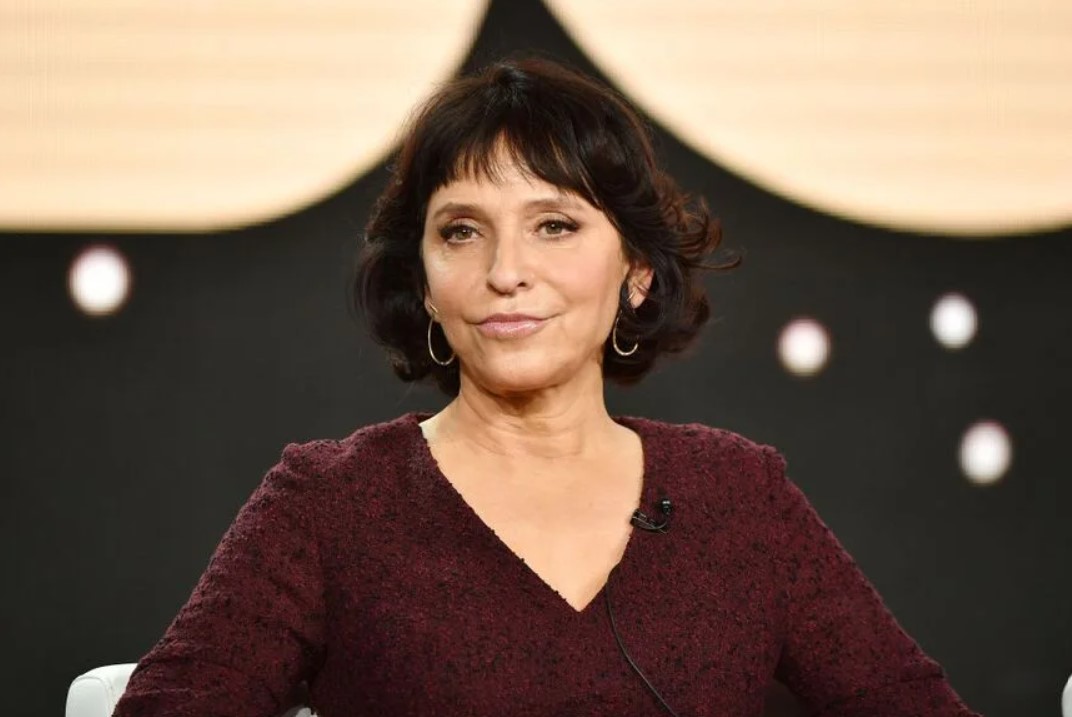
Susanne Bier, who hails from Denmark and was born there on April 15th, 1960, is a film director. Her work as a director on the feature films Brothers, After the Wedding, and In a Better World—the latter of which was nominated for an Academy Award—as well as the television drama The Night Manager brought her the most recognition. She was the first female filmmaker in the history of the industry to win all three major honours, including the Golden Globe, the Academy Award, and the Emmy Award. She shattered barriers in the process. Susanne Bier was born in Copenhagen, Denmark. Her father, Rudolf Salomon Bier, was born in Germany and converted to Judaism before moving to Denmark in 1933.
Her Jewish family in Russia was where her mother, Hennie Jonas, was born and raised. The name Salomon Bier belonged to her father. Prior to beginning her studies in the film direction programme at the National Film School of Denmark, from which she graduated in 1987 with a diploma, Bier attended the Bezalel Academy of Arts and Design in Jerusalem to get her education in the fields of art and architecture. During her time in London, she also attended the Architectural Association School of Architecture to further her education in architecture. The film that Bier used for his graduation in 1987, titled “De Sallies,” went on to win the first place award at the Munich Film School festival and was later shown on Channel Four in the United Kingdom.
Finding early success in Denmark with her flicks Freud’s Leaving Home (1990), Dot Blair I Families (1993), Pension at Oscar (1995), and Seiten (Credo) (1997), but her first commercial smash wasn’t until 1999 with The One and Only. The film, which is a romantic comedy about the uncertainty of one’s existence, was honoured by the Danish Film Academy with a number of awards and was the impetus for Bier’s collaboration with the actress Paprika Steen. Even after so much time has passed, many people still believe this film to be one of the most successful Danish movies that has ever been shown in our country.
Elsker dig for evict (Open Hearts, 2002), a picture that was a change from the lighthearted appeal of Once in a Lifetime (Once in a Lifetime, 2000), was the movie that brought Bier’s work to the attention of a significantly larger audience on a global scale. The screenplay, which was co-authored by Bier and Anders Thomas Jensen, has a lot of heart and is a sensitive and sorrowful exploration of shattered lives and connected calamities. It was written in a great way. The picture is carried by the sharp observations of Bier and the superb writing of Jensen.
The motion picture, which was made in accordance with the guidelines of Dogme 95, also served as a precursor to a style that was less complex and included less frills. Bier’s fame has continued to climb after the completion of Open Hearts as a result of the unsettling film Brothers (2004) and the emotionally engaging feature After the Wedding (2006), the latter of which was nominated for an Academy Award in the category of Best Foreign Language Film in 2007. Things We Lost in the Fire (2008), which was Bier’s debut film in the United States and starred Benicia del Toro and Halle Berry, did not turn out to be as successful as the director had hoped it would be, but Bier went on to win the Academy Award for Best Foreign Language Film for In a Better World (2010).
Bier, who has also directed short films, music videos, and commercials, frequently centres the themes of pain, tragedy, and redemption in his feature-length work. Bier has also directed short films. In spite of the fact that they frequently take place on a global scale, according to Susan King, they are “laced with a particular concern for family.” In the piece that was written by Susan King, Bier makes the claim that her Jewish lineage instilled in her a strong sense of family along with a sense of volatility and upheaval. This is a reference to the fact that Bier’s father was forced to abandon Germany in 1933 and make his way to Denmark, where he eventually met Bier’s mother. In Germany, the Nazi regime was in full swing at the time.
When the Nazis began rounding up Jews in Denmark, the two of them managed to flee the country by boat and eventually found their way to Sweden. At first, Bier’s vision of the woman she would become in the future included her being married to a nice Jewish man and having a family of six children. After some consideration, she ultimately determined that she desired to seek employment of some kind. As a result of her two prior marriages, she is the mother of a son named Gabriel and a daughter named Alice. She continues to credit her family as being the most major thing in her life, and she claims that she never would have pursued a career in filmmaking if she did not have children. Despite this, she continues to credit her family as being the most significant factor in her life.
Bier says that a sense of identity can be gained through one’s family. “On a daily basis, I communicate with both of my parents. My connection with my aunts, uncles, and other relatives is quite strong, as is the one I have with my ex-husband, who comes to see us and sometimes even stays with us. I have this almost compulsion to have a really intense, personal, and intimate connection with whoever is close to me, and I want to have that relationship with them. I also want to have that connection with other people. There is no denying that the decisions I make regarding how I want to spend my life have an impact on the stories I tell. Despite the fact that Bier frequently shows transnational events that take place in countries from the third world, she had never been to Africa or India before she started making movies there.
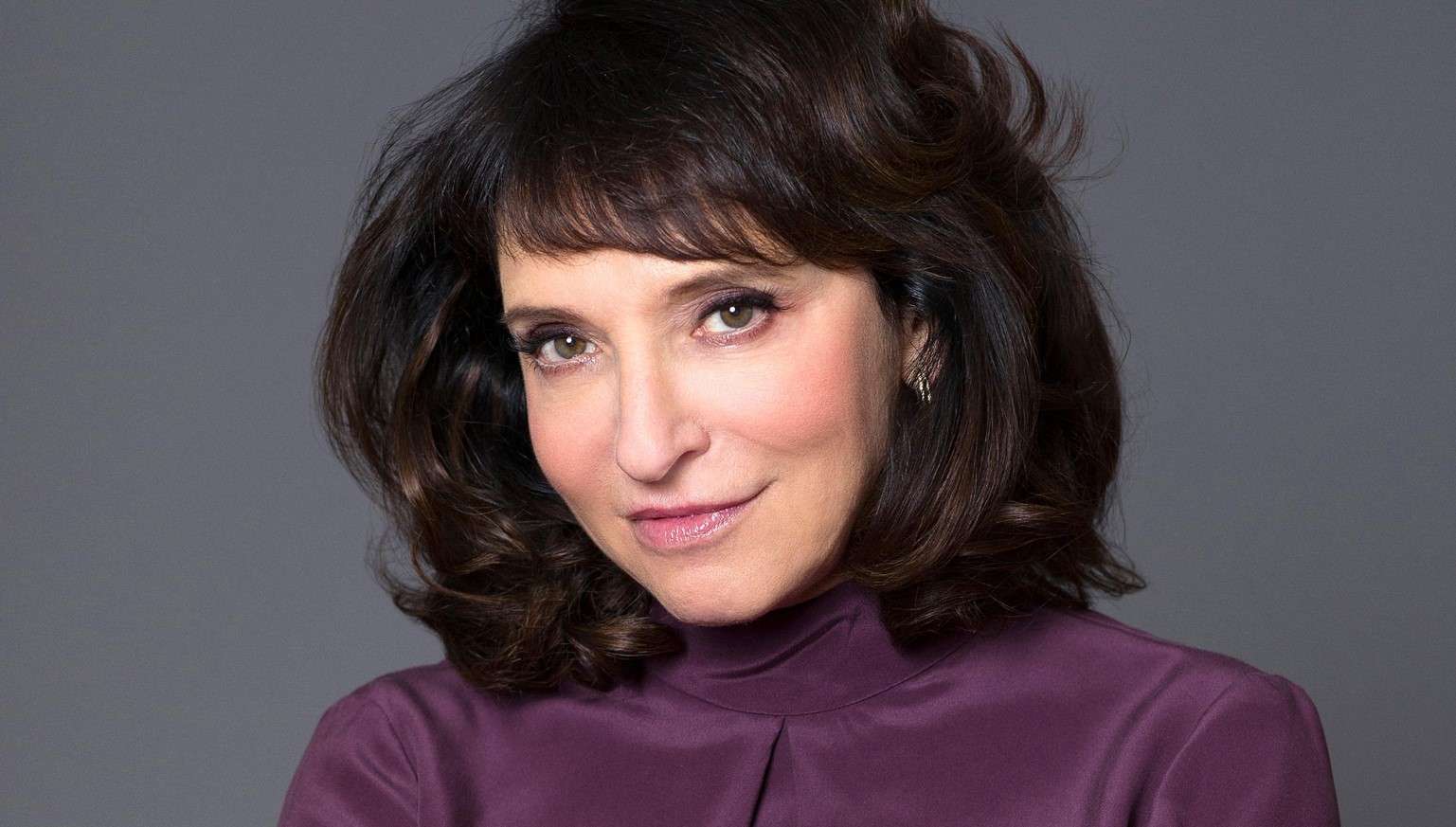
Bier is certain that her persistent preoccupation with, and portrayal of, the Third World is a way of raising attention to the reality that the Third World is really pretty significant to our everyday lives. She says this in reference to her portrayal of the Third World. Because of this, we have no choice but to come to terms with it…” As she notes in a letter that was made public after she was awarded the Oscar for her role in in a Better World, “My sphere of influence stretches beyond the city of Copenhagen,” the award was given to her for her performance in the film. It was necessary to offer other information besides just this. Since I was younger, I’ve gained a more mature perspective on the world. In the piece that was written by Sylvain Gold, Bier is quoted as saying that she does not want to be in a position that is pleasant when she is working.
Her films nearly usually centre on characters who are joyful and content up until the point where they are confronted with situations that are extremely tragic or upsetting. She claims that the experience that her parents went through during World War II, when “society suddenly turned against them” because of the fact that they were Jewish, is what led to the development of this fixation in her. She blames the incident on the fact that her parents were Jewish. In spite of his fixation on calamitous occurrences, Bier has been quoted as saying, “I’ve lived a pretty lucky, extremely privileged existence., I say it with the utmost modesty since it’s possible that it will alter tomorrow. On the other hand, I have a really strong capacity to empathies with other people and understand how other people are experiencing things. Anders Thomas Jensen, a regular writing colleague of hers, attests to the “humanness” that she possesses by claiming that “She’s extremely excellent at placing herself in a character’s situation, which is genuinely a talent.” Anders Thomas Jensen is a testament to the “humanness” that she possesses. She is “very skilled at placing herself in a character’s shoes,” according to Jensen’s description of her.
” Bier also argues that although if the scenarios she depicts in her films are frequently hopeless, she makes it a point to provide a glimmer of optimism for her audiences by the time the credits roll at the end of the movie. She argues that “having the capacity to communicate” is always crucial, and that she would never purposefully upset her audience. She also claims that she would never intentionally offend her audience. Bier has been praised for his work as a director due to his ability to create pictures that are enjoyable for viewers in a range of countries (although she has yet to make a successful transition to Hollywood filmmaking). As confirmation of this claim, both After the Wedding (2006) and In a Better World (2010) were nominated for an Academy Honor for Best Foreign Language Film. However, In a Better World (2010) was ultimately the film that took home the award.
Bier wed actor Philip Zandén in 1995, but the pair subsequently divorced; they currently split parenting responsibilities for their two children, Gabriel (who was born in 1989), and Alice Esther (born in 1995). She recently became Mrs. Jesper Winge Leisner after tying the knot with him. Susanne Bier’s work, which has won numerous awards including the Academy Award®, the Golden Globe Award, and the Emmy Award, frequently takes place against a vastly expansive global backdrop; however, the focus of her work is more personal, as she investigates carefully the explosive emotions and complexities of familial bonds. This singular combination is a key ingredient in the success recipe that has catapulted her to the position of preeminent female filmmaker in Denmark and a force to be reckoned with on a global scale.
In a Better World, which Bier directed and was released in 2010, took home several awards in 2011, including the Academy Award for Best Foreign Language Film, the Italian Golden Globe Award® for Best European Film, and the European Film Award for Best Director. After the Wedding (2006), which she directed and which won multiple awards and was also nominated for an Academy Award® for Best Foreign Language Film, will be remade in 2019 as an English-language film starring Julianne Moore, Michelle Williams, and Billy Crudup. She was the director of the original film. In 2016, Bier was honoured with an Emmy Award for directing the six-part AMC mini-series The Night Manager, which was adapted from John le Care’s novel of the same name, which was published in 1993. The mini-series was based on the novel, and its stars Tom Hiddleston, Hugh Laurie, and Olivia Colman all won Golden Globes for their performances.
After this, Bier directed the 2018 Netflix picture Bird Box, which starred Sandra Bullock and ultimately became the film with the most views in the annals of Netflix’s history. In 2020, she directed the six-part HBO series The Undoing, which starred Nicole Kidman and Hugh Grant. It was the first original series on the network to grow its audience each week, and it was the first series ever directed by her.
Before this, Bier had co-written and directed the romantic comedy The One and Only (1999), which went on to win the award for Best Film at the Danish Robert Awards. It was also the most watched domestic film in Denmark in the past 20 years, with one-fifth of the population of the country having seen it at the theatre.
Open Hearts, which she directed in 2002 and shot in the style of Dogme ’95 filmmaking, was completed under her direction. The movie was honoured with a number of accolades, such as the Audience Award at the Robert Festival (the Danish equivalent of the Academy Award) and the International Film Critics’ Award at the Toronto International Film Festival. Bier then went on to direct Brothers (2004), which was nominated for multiple awards at the Sundance Film Festival, including the Audience Award. Things We Lost in the Fire was Bier’s first film to be made in the English language. It was released in 2007 and starred Halle Berry and Benicia Del Toro. The film won multiple awards.
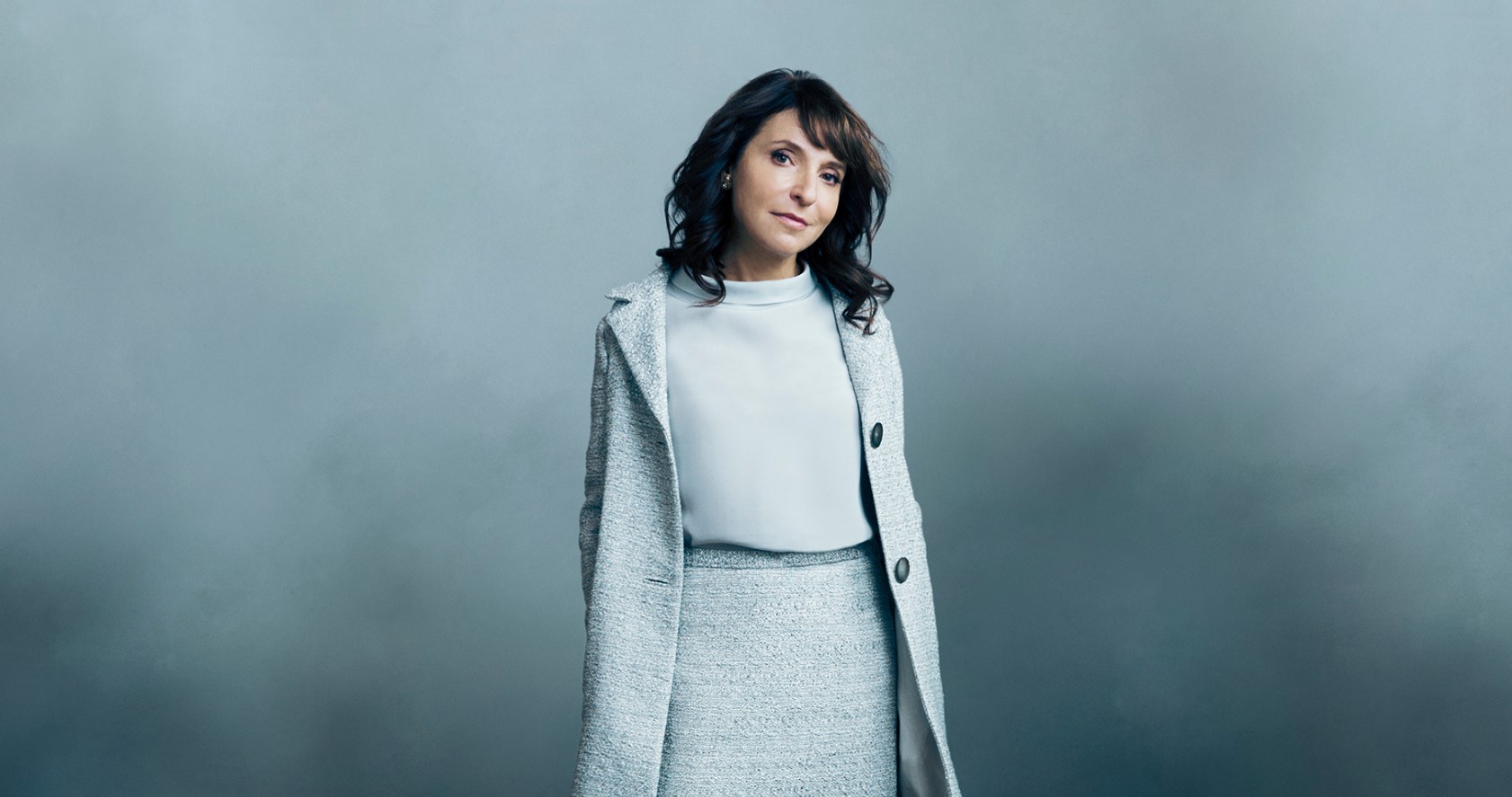
Love Is All You Need, which was directed by Susanne Bier and starred Pierce Brosna and Trine Denholm, was the recipient of the 2013 European Film Award for Best Comedy. Bier’s victorious return to the genre occurred in 2012, and the film went on to win the award. A Second Chance, which Bier directed in 2014 and starred Nikolaj Coster-Waldau in the lead role, made its world premiere at the Toronto International Film Festival. The most recent project that Susanne Bier directed was the limited series The First Lady, which aired on Showtime and starred Viola Davis, Michelle Pfeiffer, and Gillian Anderson. A subsequent film, the Dogme 95 drama Open Hearts (2002), earned Bier her first worldwide crossover smash and prepared the path for much greater success. Reportedly, that film grossed a substantial amount of money, which was more than any other picture in the history of Denmark.
It presented the story of two spouses, whose lives become hopelessly and cruelly entangled with one another after a horrific automobile accident, and it was shot according to the hyper-ascetic filmmaking criteria of Lars von Trier. After the Wedding (2006) explored the moral and ethical quandaries plaguing the head of an orphanage played by Mads Mikkelsen when he is offered a donation — with some strings attached — by his ex-millionaire girlfriend’s husband. Bier’s Danish-language drama Brothers (2004) explored the feud that erupts between two siblings as a result of the turmoil of war.
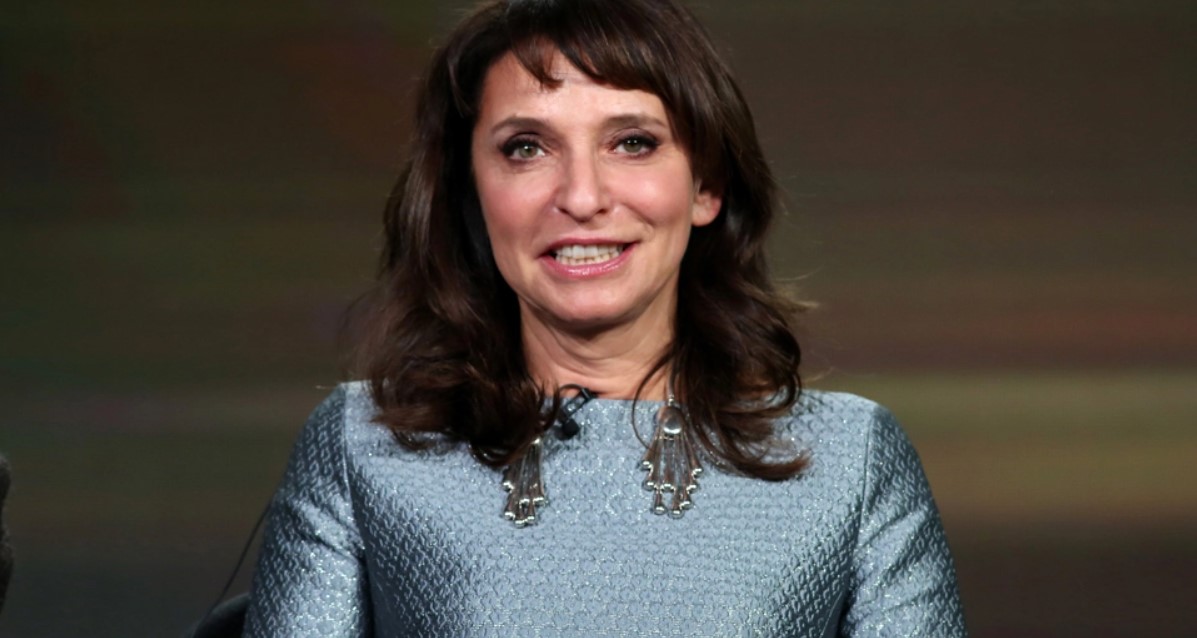
Susanne Bier Phone Number, Email Address, Contact No Information and More Details
Susanne Bier Addresses:
House Address:
Susanne Bier
Creative Artists Agency
2000 Avenue of the Stars
Los Angeles, CA 90067
USA
Fanmail Address / Autograph Request Address:
Susanne Bier
Creative Artists Agency
2000 Avenue of the Stars
Los Angeles, CA 90067
USA
Susanne Bier Contact Phone Number and Contact Details info
- Susanne Bier Phone Number: Private
- Susanne Bier Mobile Contact Number: NA
- WhatsApp Number of Susanne Bier: NA
- Personal Phone Number: Same as Above
- Susanne Bier Email ID: NA
Social Media Accounts of Content Creator ‘Susanne Bier ’
- TikTok Account: NA
- Facebook Account (Facebook Profile): https://www.facebook.com/susanne.bier.1
- Twitter Account: https://twitter.com/dirsusannebier
- Instagram Account: https://www.instagram.com/susannebier/
- YouTube Channel: https://www.youtube.com/playlist
- Tumblr Details: NA
- Official Website: NA
- Snapchat Profile: NA
Personal Facts and Figures
- Birthday/Birth Date: 15 April 1960
- Place of Birth: Copenhagen, Denmark
- Wife/GirlFriend: Philip Zandén (m. 1995–2004), Jesper Winge Leisner
- Children: Gabriel Bier Gislason, Alice Esther Bier Zandén
- Age: 62 Years old
- Official TikTok: NA
- Occupation: Danish filmmaker
- Height: 5 feet and 6 inches
Facts
- Salary of Susanne Bier: NA
- Net worth: $1.5 Million
- Education: Yes
- Total TikTok Fans/Followers: Not Known
- Facebook Fans: Not Known
- Twitter Followers: 3371
- Total Instagram Followers: 29.7k
- Total YouTube Followers: Not Known
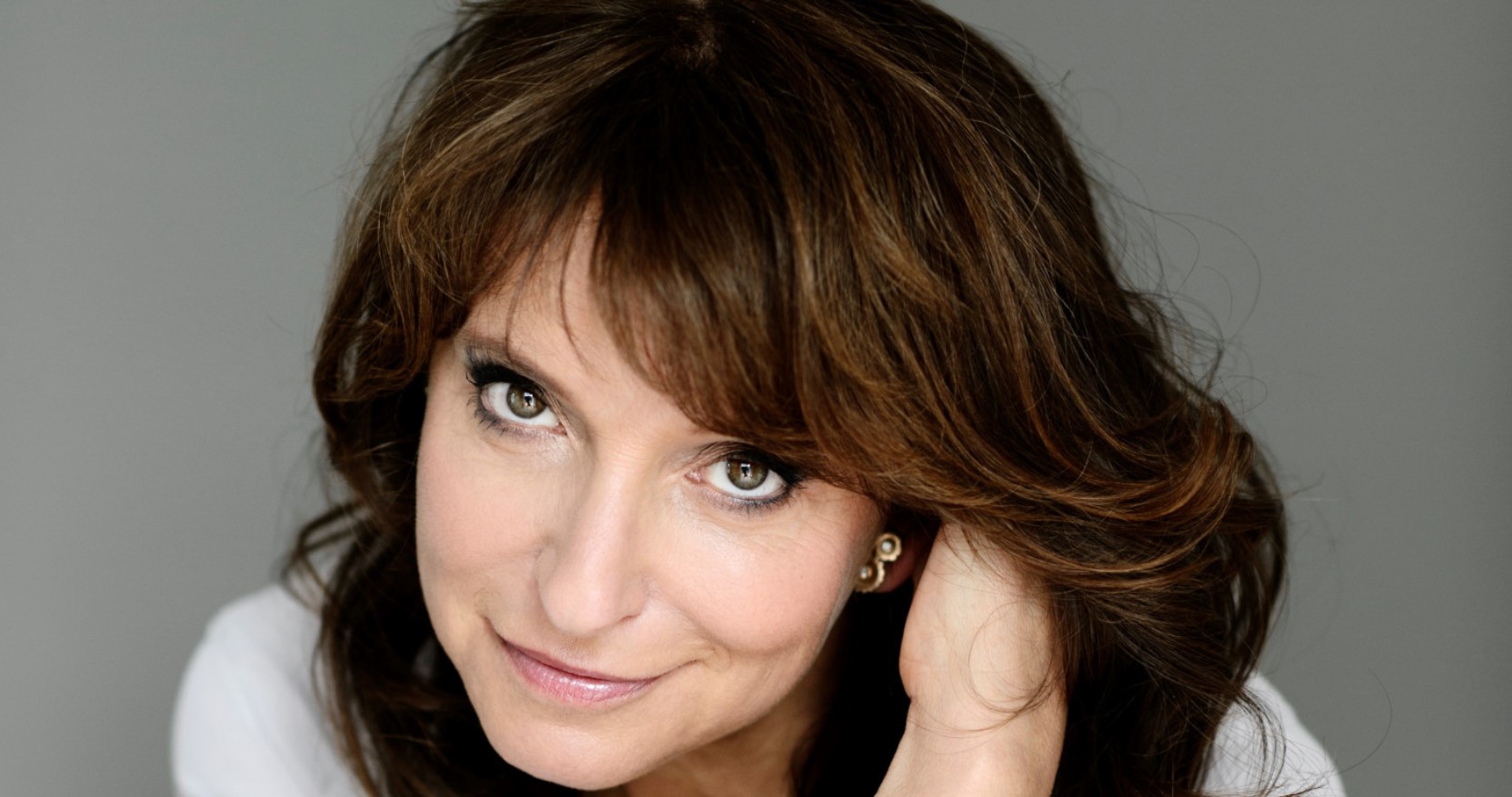
| Susanne Bier Contact Address, Phone Number, Email ID, Website | |
|---|---|
| Phone Number | NA |
| House address (residence address) | Copenhagen, Denmark |
| Official Website | N/A |
| Snapchat Id | N/A |
| Whatsapp No. | NA |
| Personal No. | N/A |
| Instagram Id | https://www.instagram.com/susannebier/ |
| Facebook Id | https://www.facebook.com/susanne.bier.1 |
| Tinder Id | N/A |
| Twitter Id | https://twitter.com/dirsusannebier |
| Youtube Channel | https://www.youtube.com/playlist |
| Email Address | NA |
| Office Number | N/A |
Some Important Facts About Susanne Bier:-
- Susanne Bier was born on 15 April 1960.
- Her Age is 62 years old.
- Her birth sign is Aries.